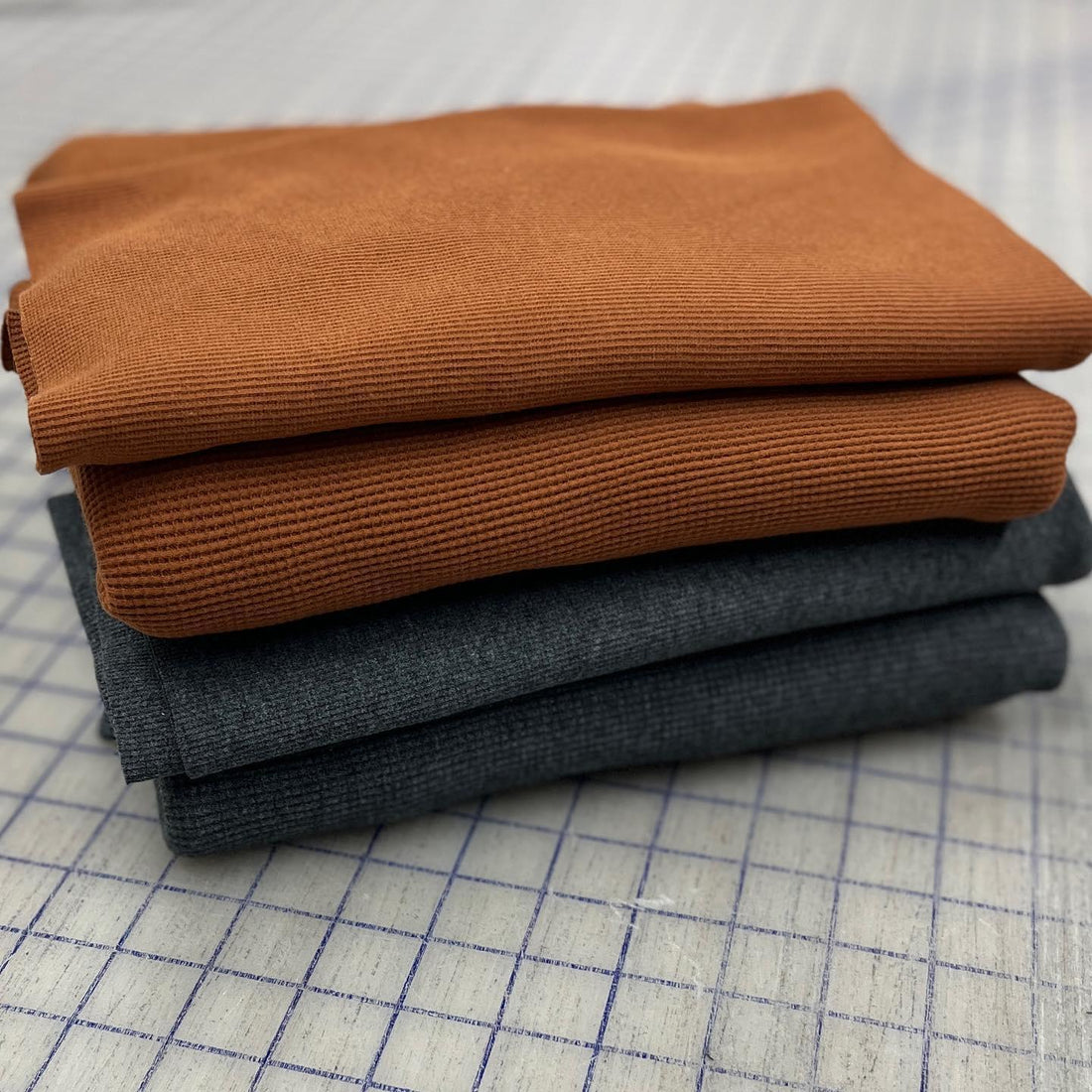Organic fabrics have gained popularity in recent years as people become more conscious of the environmental impact of their choices. But are organic fabrics really worth the hype? Let's explore the benefits and drawbacks of choosing organic fabrics for your clothing and home textiles.
What are Organic Fabrics?
Organic fabric are made from materials that have been grown without the use of synthetic chemicals, such as pesticides and fertilizers. These fabrics are typically made from organic cotton, hemp, linen, or bamboo. The production of organic fabrics follows strict guidelines to ensure that the materials are grown and processed in an environmentally friendly and sustainable manner.
The Benefits of Organic Fabrics
1. Environmental Impact: Organic fabrics are better for the environment as they reduce the use of harmful chemicals and promote sustainable farming practices. This helps to protect soil quality, conserve water, and preserve biodiversity.
2. Health Benefits: Organic fabrics are free from toxic chemicals, making them safer for both the environment and human health. They are less likely to cause skin irritations, allergies, or respiratory problems compared to fabrics treated with synthetic chemicals.
3. Quality and Durability: Organic fabrics are often of higher quality and durability compared to conventional fabrics. They are less likely to shrink, fade, or wear out quickly, ensuring that your clothing and home textiles last longer.
The Drawbacks of Organic Fabrics
1. Cost: Organic fabrics tend to be more expensive than conventional fabrics. The higher cost is due to the additional labor and resources required for organic farming practices. However, the long-term benefits and durability of organic fabrics may outweigh the initial investment.
2. Limited Availability: Organic fabric may not be as readily available as conventional fabrics. However, with the increasing demand for sustainable products, more options are becoming accessible.
3. Care Instructions: Organic fabrics may require special care instructions to maintain their quality and longevity. They may need to be washed at lower temperatures or air-dried instead of using a dryer.
Conclusion
While organic fabrics may come with a higher price tag and require some extra care, they offer numerous benefits for both the environment and personal health. By choosing organic fabrics, you are supporting sustainable farming practices and reducing your exposure to harmful chemicals. So, if you're looking for clothing and home textiles that are not only stylish but also eco-friendly, organic fabrics at Nature's Fabrics are worth trying. Shop organic fabric at Nature's Fabrics today.

